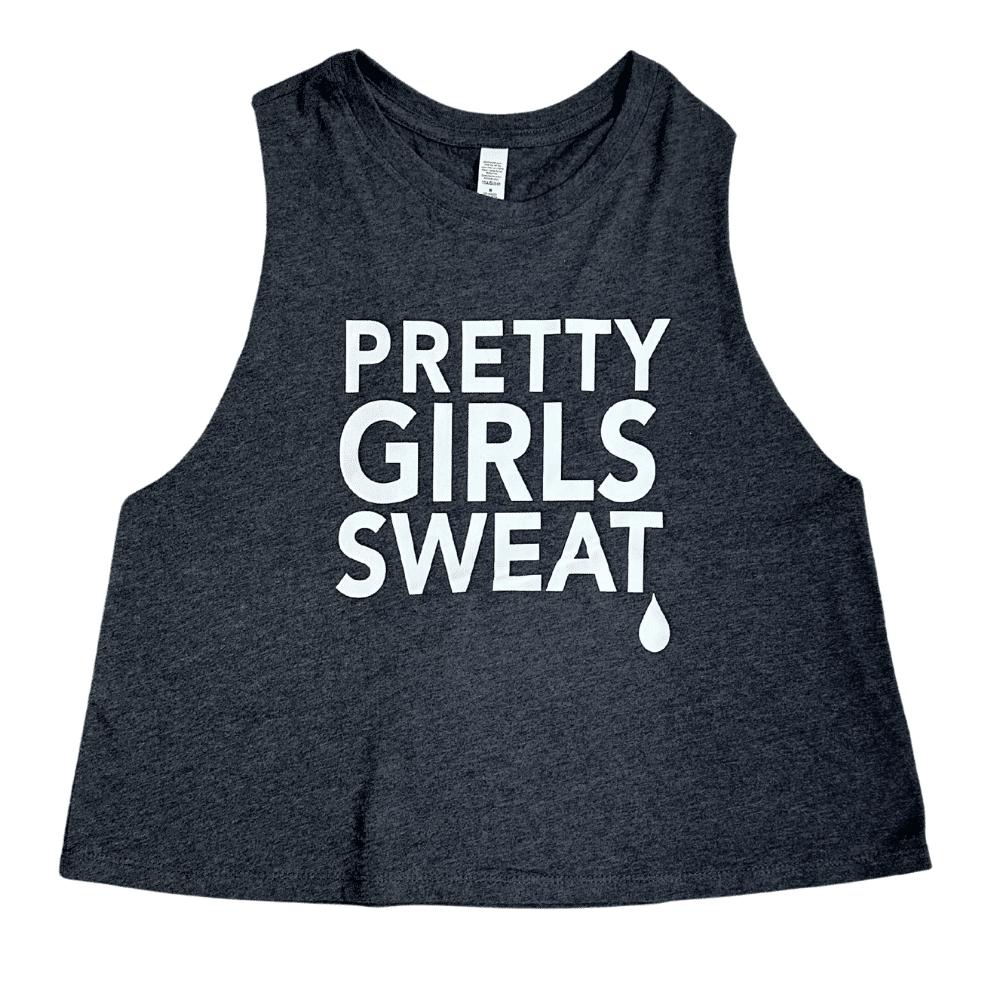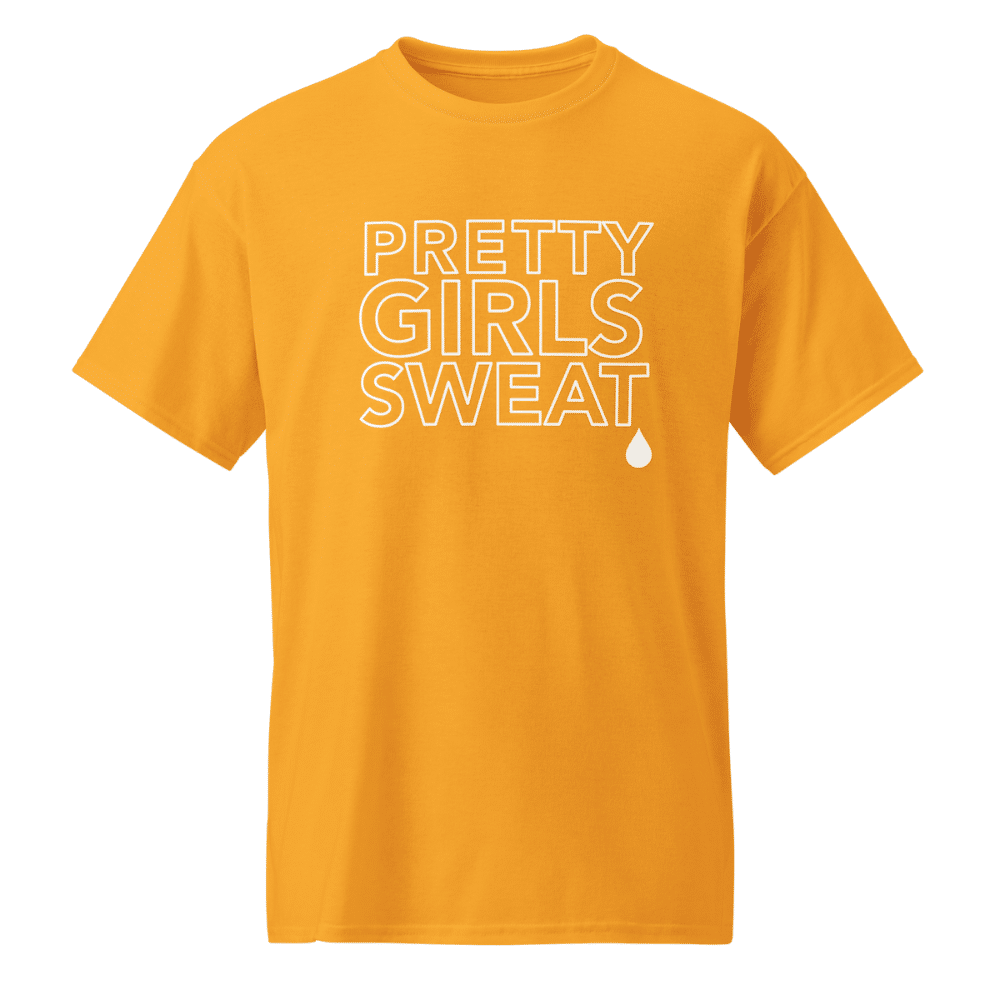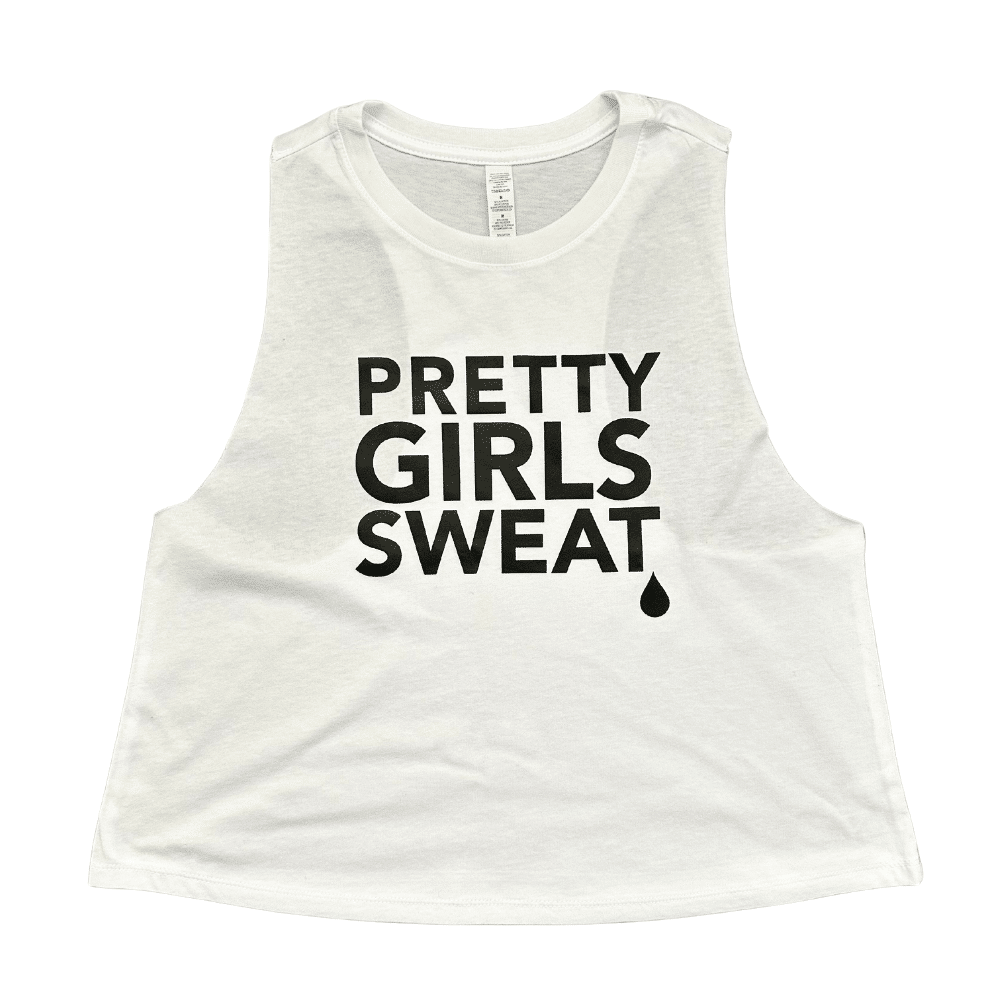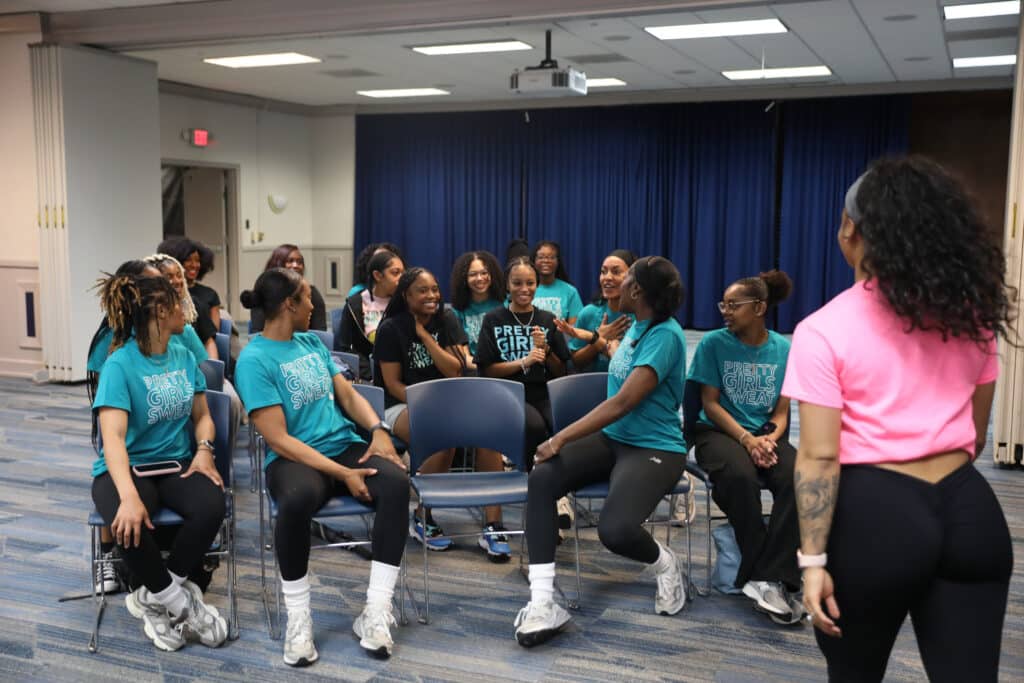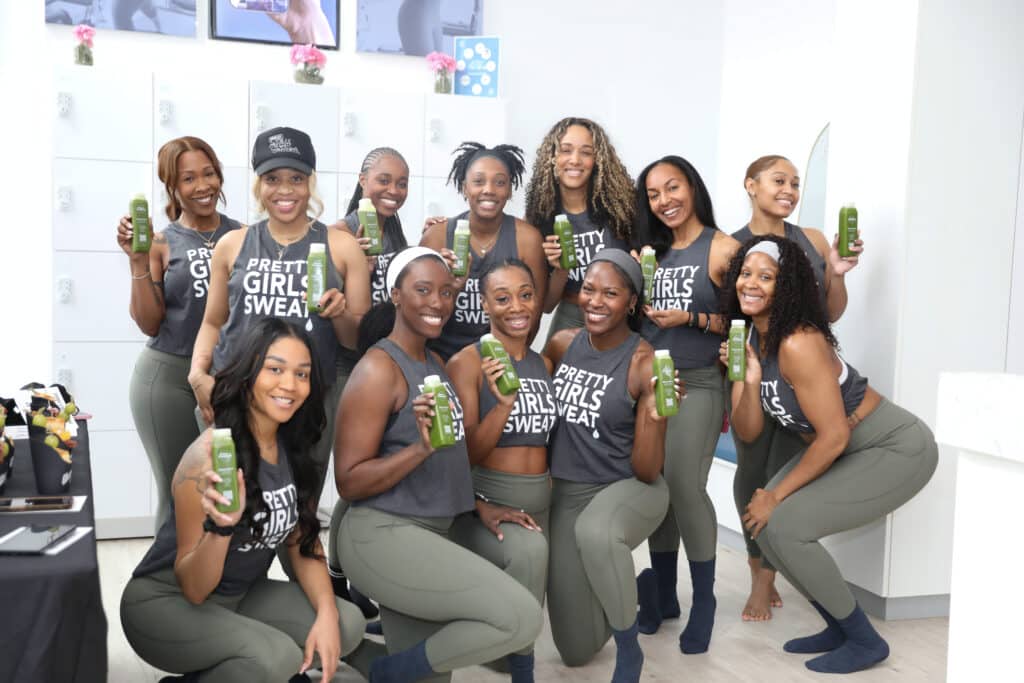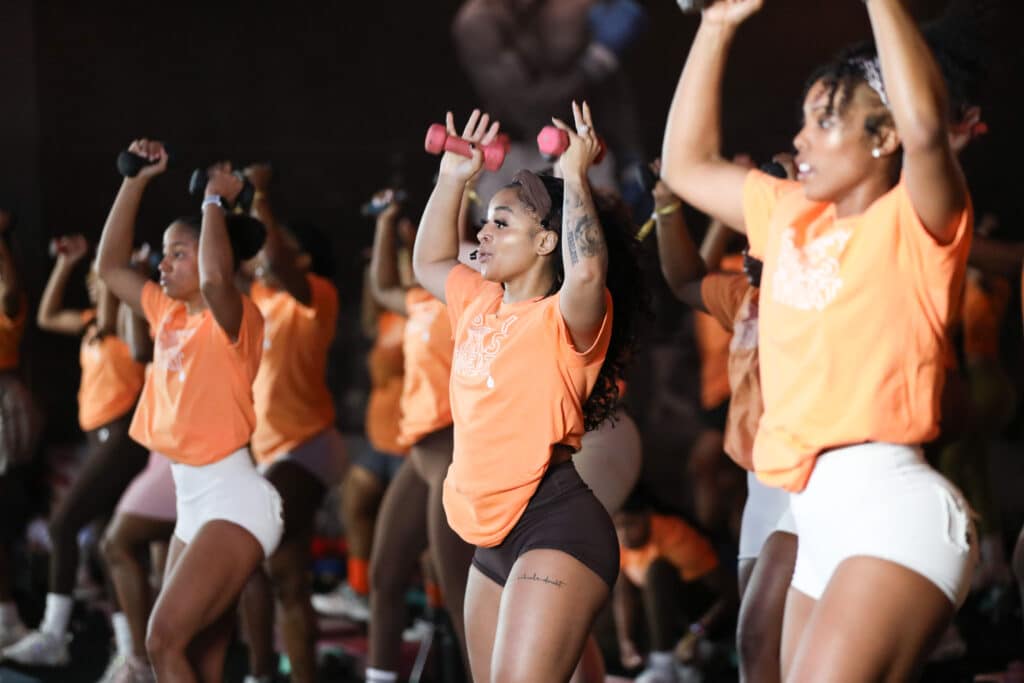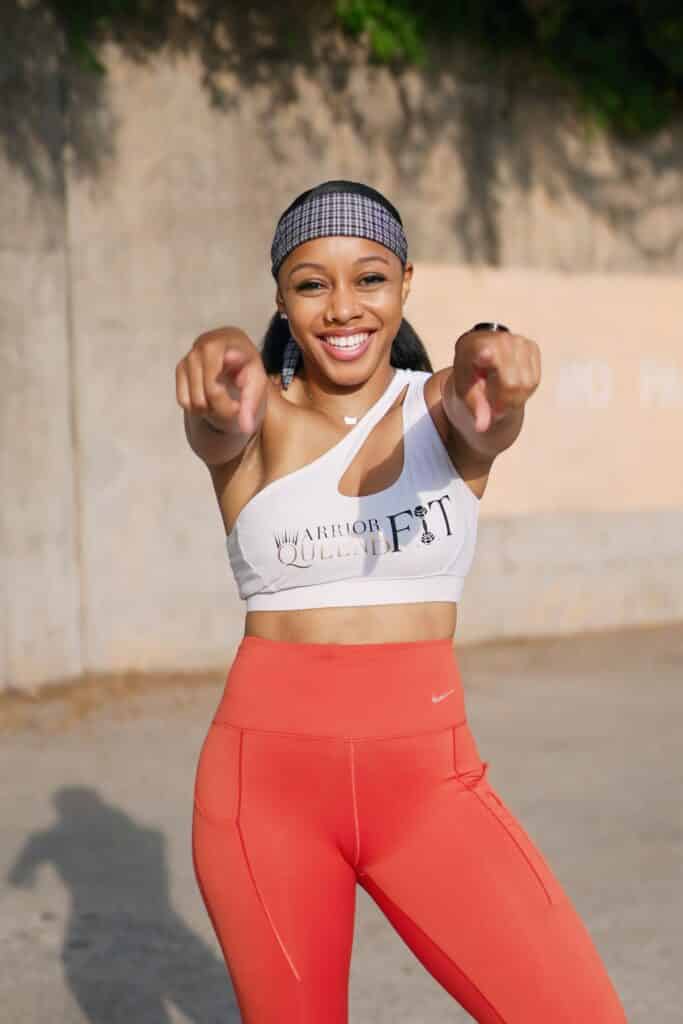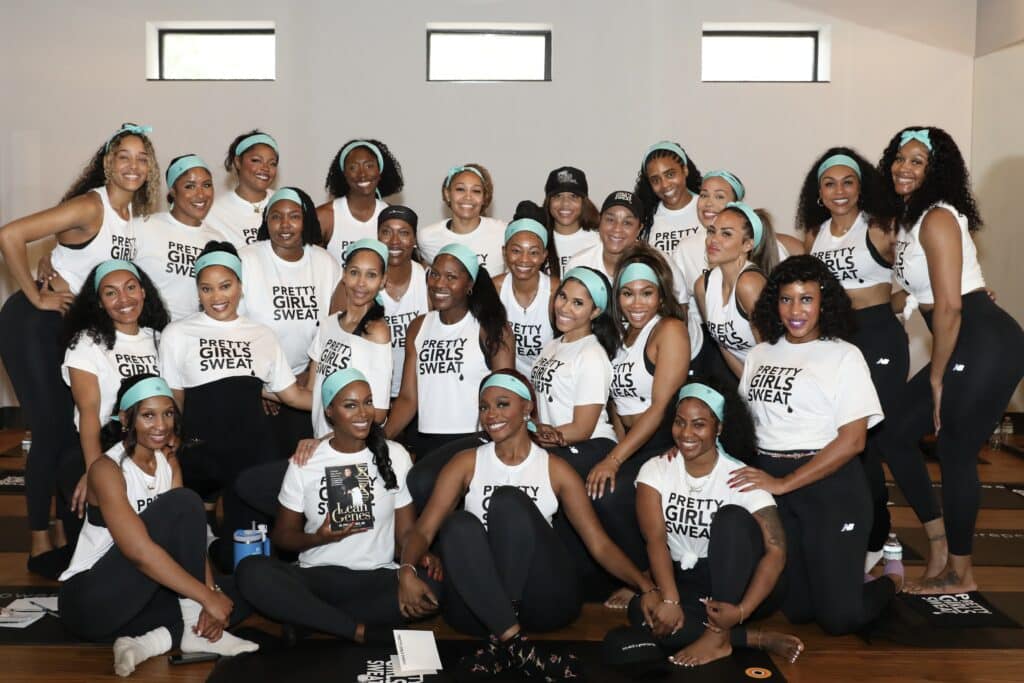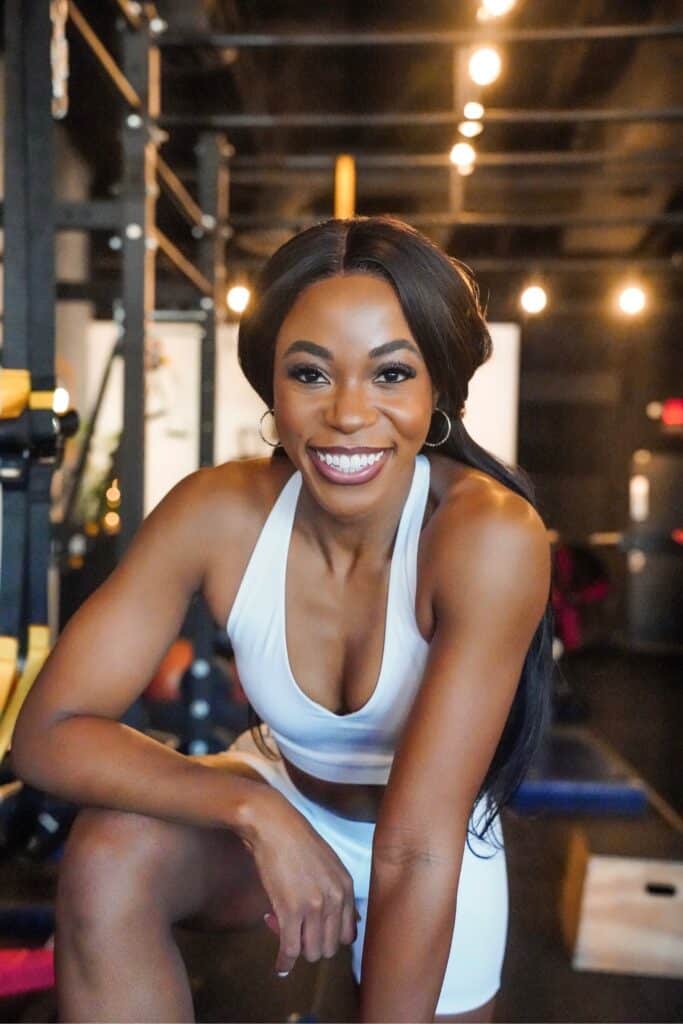How One Fitness Influencer Manages Body Dysmorphia
November 14, 2022 • By Olivia Marjorae
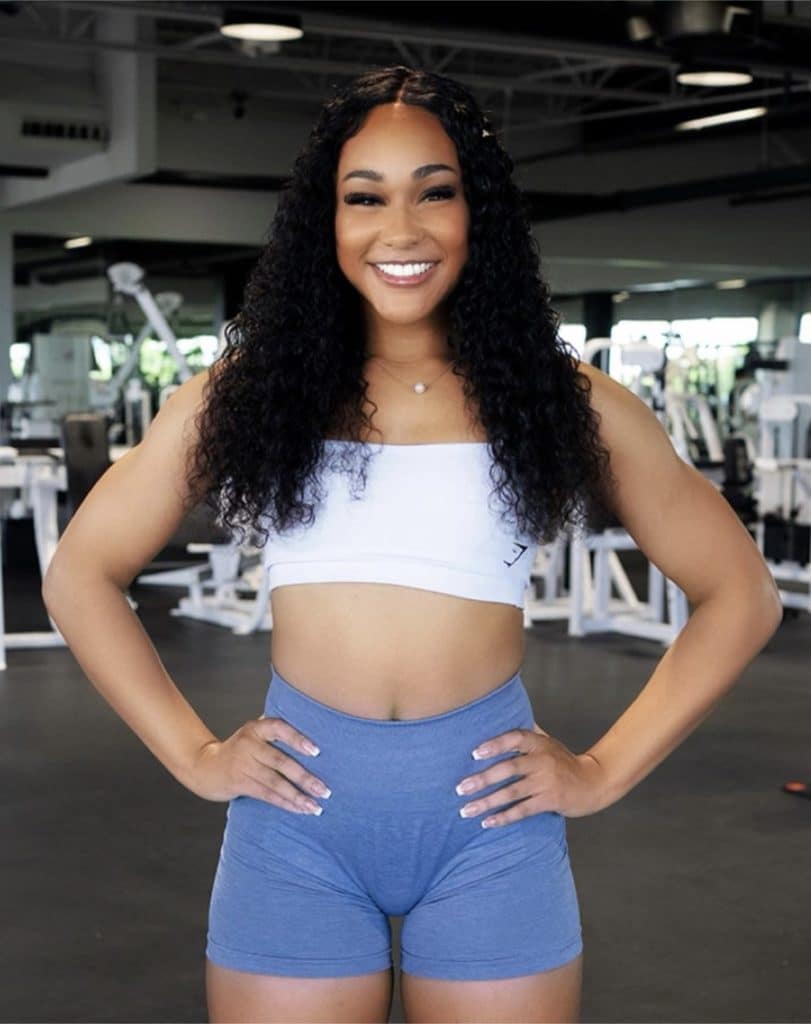
No matter what stage of your fitness journey you’re in, nothing is more important than loving and accepting your body as it is. But, of course, we know that sometimes that’s easier said than done, and Body Dysmorphia can often be the cause.
Body Dysmorphic Disorder (BDD), or Body Dysmorphia, is defined by MayoClinic as “a mental health condition in which you can’t stop thinking about one or more perceived defects or flaws in your appearance.” Although the flaw appears minor or nonexistent to others, Body Dysmorphia can lead to low self-esteem, a poor self-image, and in more extreme cases, hindrances to daily functions or avoidance of social situations.
Aliyiah Robinson, a 25-year-old personal trainer, has battled body dysmorphia for several years. The Dallas, TV native’s struggle with BDD kickstarted her fitness journey, using exercise as self-care whenever she was having an episode. In the past two years, the fitness influencer has made significant strides both in the gym and out, but she wants others to know that her journey to health, fitness, and self-love hasn’t always been as glamorous as you see on IG.
Keep reading below for Aliyiah’s triumphant story in her own words!
You’ve been open about your battle against Body Dysmorphic Disorder on your platform. Can you share more about this with us, explaining what that’s been like for you?
Before I started my weight gain journey I wasn’t happy with my body. I was sitting at 115 lbs, I had no muscle, and I was extremely thin. Of course, gaining weight and mass has changed my body dramatically, but I still have my days where I’m not happy with my body. Some days I look in the mirror and see that same small body I never liked. On other days I look in the mirror and think I’ve gained too much weight and I feel fluffy and bloated. It can be a never-ending cycle. This can trigger excessive amounts of cardio, which is very unlike me. On the other hand, it can cause me to skip the gym and completely neglect that aspect of my life for a little bit.
What are some common misconceptions people have about the disorder?
BDD will go away as an adult. I definitely think this is not true. BDD can affect anyone at any age.
Another misconception, BDD affects everyone the same. BDD can occur in so many ways. People obsess over certain body parts, shapes, weight, and features on the body. Just like a fitness journey, BDD is not one size fits all. It affects people in all different capacities.
What role has health and fitness played in your battle with BDD?

Health and fitness have had positive and negative effects on my BDD. Going to the gym can help if I’m having an episode and serve as self-care or a self-therapy session. At the same time, sometimes I use the gym as an escape, which isn’t always extremely healthy long term. But, even with all the ups and downs, being on my personal fitness journey has helped me cope much better than when I wasn’t.
How do you manage or cope with BDD?
I usually just try and give myself a lot of grace. I know the feeling won’t last forever. I try and carry on with my day as usual and not put extra pressure on myself during that time. Self-reflecting on my journey usually helps. I know I’m far from where I used to be. I’m still actively looking for ways to cope better.
What advice or motivation would you offer to others who may be struggling with Body Dysmorphic Disorder?
You are not alone. I know that it can be tough, but it doesn’t last forever. Look back on all the progress you’ve made so far. Be patient with yourself and remember that it’s part of your journey.
Lastly, what do the words PRETTY GIRLS SWEAT mean to you?

PRETTY GIRLS SWEAT is all about the inclusivity of ALL women on their personal health and fitness journeys. Women from all over the world, all different shapes and sizes bettering themselves and supporting other women. Thank you to Aeshia for this platform and for turning this into a movement. I’m grateful to be a part of something like this.
Such a powerful testimony! What do you do when you’re struggling with self-image? Sound off in the comments!

